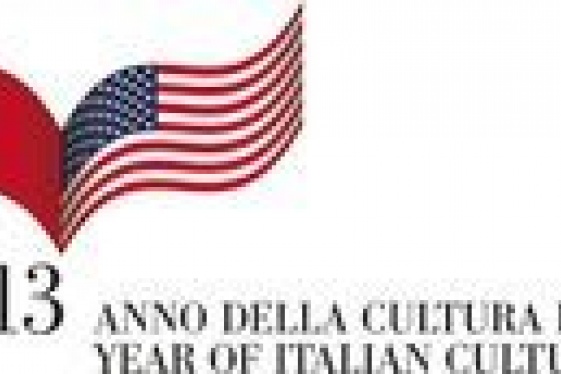

For 45% of Italians (almost one out of two), food consumption is a way to relate to loved ones while for more than one out of five compatriots, food is above all a "health issue": we eat not only to feed ourselves but with the aim of keeping fit through nutrition and, to this end, we also condition our food choices.
This is revealed by a study carried out at the EngageMinds HUB, the Research Center of the Catholic University, Cremona campus directed by Professor Guendalina Graffigna within which an index measuring the relationship with food, a new food involvement scale (Psychological Food Involvement Scale, or PFIS), was developed and validated on an initial sample.
"The role of food in people's lives has changed radically in recent years," stress Professor Graffigna and Dr. Greta Castellini, who led the study published in the scientific journal Food Quality and Preference. In particular, food is not only considered a source of sustenance, but is becoming increasingly symbolic and linked to subjective values. However, there are no empirical studies aimed at exploring and deepening this symbolic value of food."
"Our index," explain the Cattolica researchers, "is intended to be an objective tool to qualitatively explore the personal meanings consumers attach to food. The Psychological Food Involvement Scale, or PFIS index is able to understand not only how people are involved about food, but also the often unexpressed motivations behind some food consumption choices. In this study, 512 questionnaires completed by a similar number of individuals were collected. The results showed that the PFIS scale is valid and reliable in measuring the symbolic dimension of food and each person's food involvement.
"The scale investigates several new psychological dimensions related to our food choices," explains Dr. Castellini, "for example, it investigates how much food is considered by the individual as a means through which to experience positive emotions and achieve psychophysical well-being; but it also explores how much food and in particular food choices are an important means by which to express oneself and one's personality; finally, it assesses how much food and food choices are considered by the individual as a means by which to be accepted by others; and how much food is considered by the individual as a means by which to take care of loved ones and strengthen family ties."
"Preliminary results using this scale," Professor Graffigna explains, "showed that about 16 percent of the sample had a strong involvement toward food. In particular, for 45 percent, food represents a means through which to strengthen the emotional bond with loved ones, while for 40 percent thanks to food, a condition of psycho-physical well-being can be achieved." In fact, the study shows that people who score high on this new rating scale tend to follow a healthy diet that leads them to make healthier food choices than those who assign food a lower symbolic value.
You may be interested
-
‘Fuggedaboudit’ the motto of new Italian del...
By Kimberly Sutton Love is what brought Tony Nicoletta to Texas from New York.The transpl...
-
1st Annual Little Italy Cannoli Tournament
Little Italy San Jose will be hosting a single elimination Cannoli tournament to coincide...
-
A Week in Emilia Romagna: An Italian Atmosp...
The Wine Consortium of Romagna, together with Consulate General of Italy in Boston, the Ho...
-
An Italian American Feast For Family Reunion...
Hey, come over here, kid, learn something. ... You see, you start out with a little bit of...
-
Buon Appetito! Unique Italian dining at Ragú...
There's something to be said for having your food prepared tableside. Guacamole tastes fre...
-
Chef Carmelo Mauro to host Beni Batasiolo Wi...
Fiorenzo Dogliani, owner of Beni di Batasiolo, will join Carmelo Mauro for an exclusive wi...
-
D'Amico's Italian Market Café expanding to K...
The popular D'Amico's Italian Market Café, a 16-year-old mainstay of Rice Village, is head...
-
Eat Drink And Be Merry IACL Christmas Party
Sunday December 14, 5.30 pmSole Mio - 8657 S Highland Dr, Sandy (Utah) 84093 The Italian...










